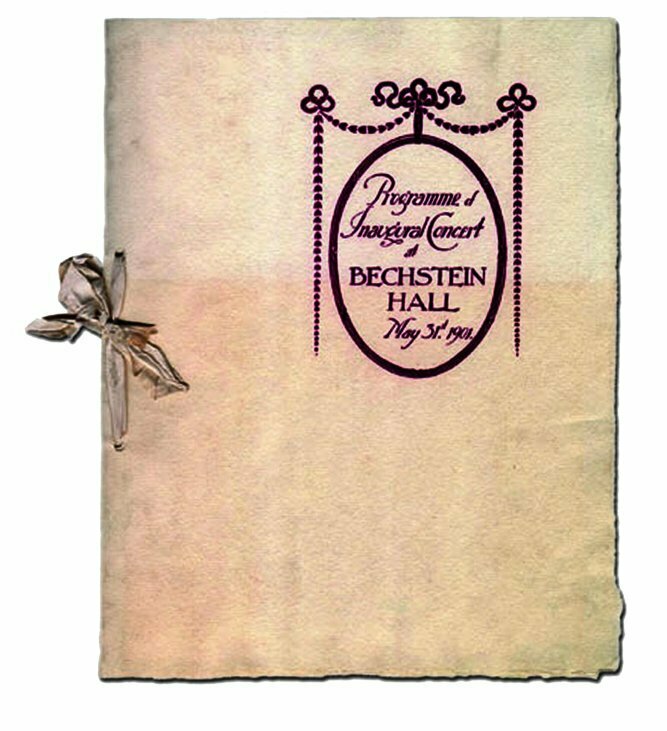By Frances Wilson, Interlude

There is a growing trend amongst concert hosts and performers to introduce the music to be performed ahead of the concert, and on radio for presenters to describe the music in some detail immediately before it is broadcast. Such presentations can offer the audience a different perspective on what they are about to hear from the printed programme notes and may reveal special or personal insights into the music. I think audiences have a great fascination in the “behind the scenes” work of musicians, especially soloists such as concert pianists, and a performer’s own introduction to his or her programme provides a more personal view on the music, allowing performer to discuss why they chose this repertoire, what makes it special for them and, particularly in the case of modern or new music, give the audience some “listening notes” to help them find their way through the music.
Such introductions may also create a more intimate link between performer and audience, breaking down the “us and them” atmosphere which can sometimes pervade the concert hall. A good introduction will encourage engaged and empathetic listening from audience and a sense of mutual communication and cooperation between performer and listeners.
It can be frustrating, therefore, when presenter or performer tries to tell the audience “how to listen”. I would prefer presenters not to preface a work with gushing purple prose, telling us that this music is “beautiful”, “absolutely gorgeous”, “fiery”, “dramatic” etc. Listening to music, whether in a live concert, on disc or on the radio is a highly personal and subjective experience, one which taps into one’s emotions to create an individual response. My version of “beautiful” or “dramatic” music will not be the same as yours, and to influence the listener by describing music in this way or telling us how to listen may deprive us of the uniqueness of the listening experience. Equally, audiences and listeners are not stupid and do not need to be ‘helped’ through the music or given obvious musical ‘signposts’ to listen out for before we’ve even heard a note. And a long verbal introduction to a piece can make one impatient to hear the actual music.
Sometimes in pre-concert presentations, extracts from the music in the programme are played to introduce the music or illustrate a point or to ‘help’ the audience. Such extracts can be enlightening and informative, but equally they can feel strangely disconnected when taken out of the context of the entire work or the programme as a whole.
I actually enjoying hearing a piece of music “cold”, so to speak, without any introduction, allowing the sounds to seep into my aural landscape and my consciousness, wondering where the music will go, without an introduction via a verbal or written programme note. Sometimes we need to be surprised, delighted, shocked or enraptured, and at other times it can be satisfying to “work” at listening (and I have never regarded listening as an entirely passive activity: some engagement is required, whatever the genre of music). We can take pleasure in our personal discoveries, our unique responses to what we’re hearing, the thrill of the unknown or the unfamiliar.
Music comes out of silence and through it we can escape from the noise of everyday life, the unending onslaught of images, messages, videos, memes…